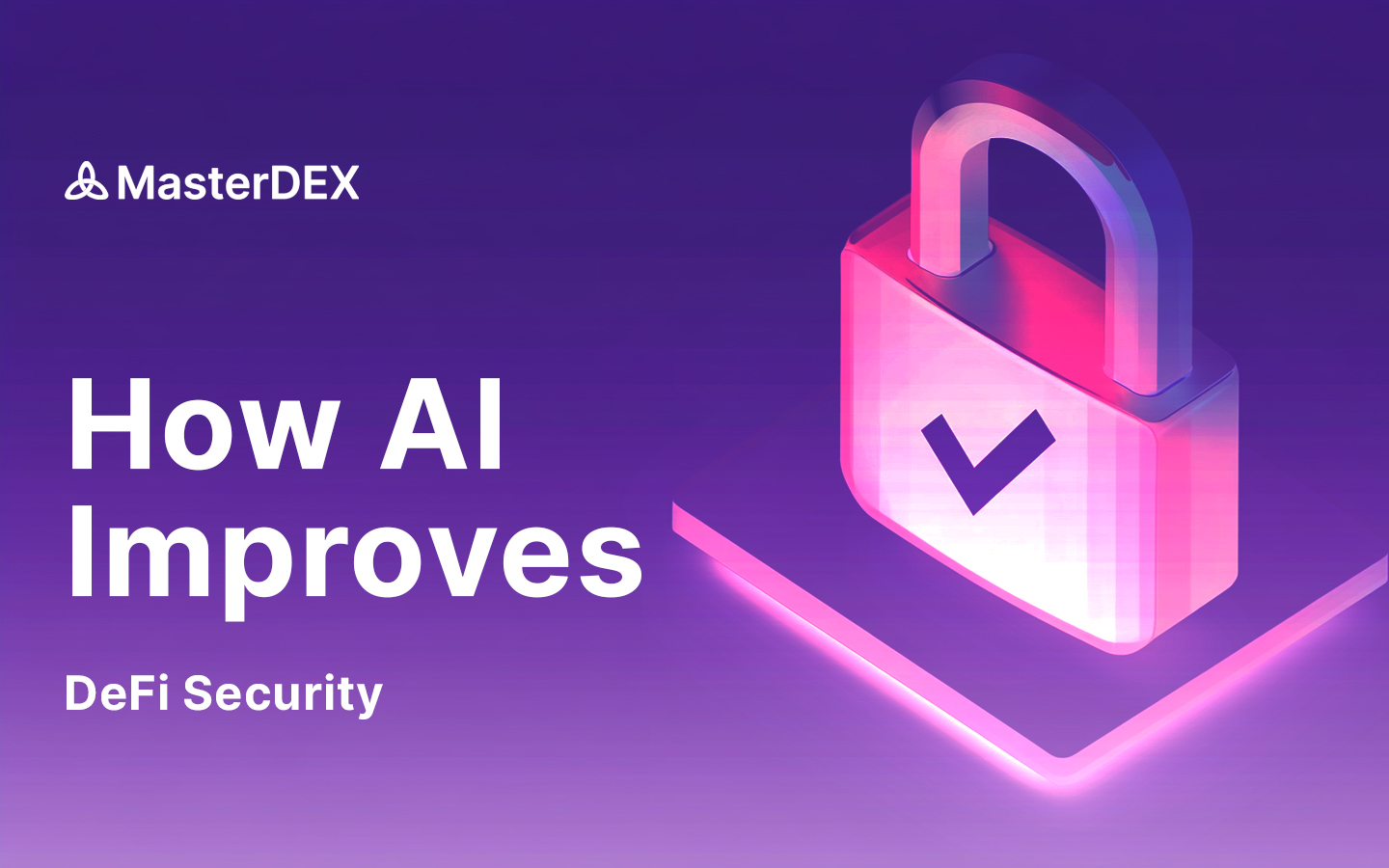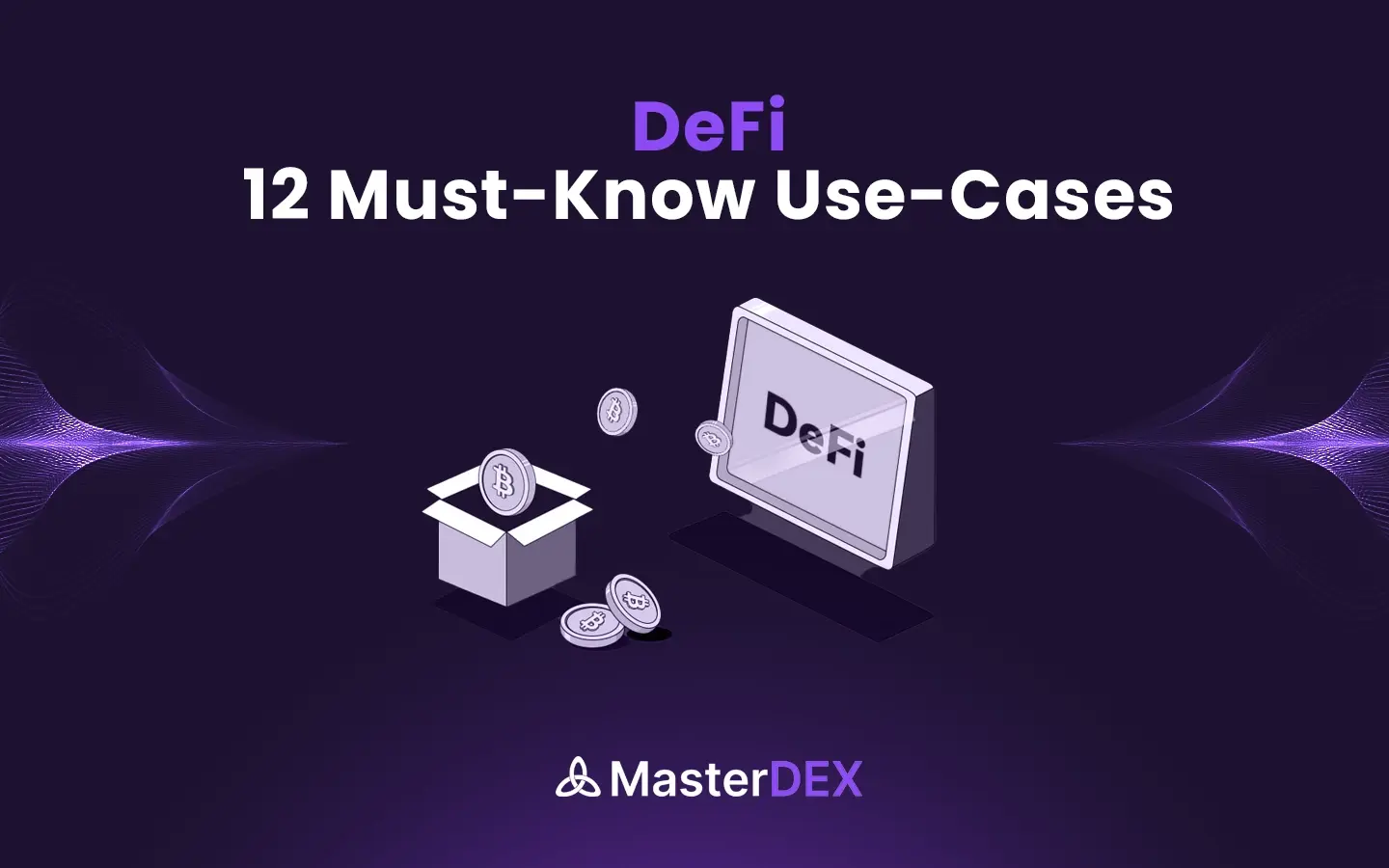Table of Contents:
ToggleOverview of DeFAI
The rapid evolution of Decentralized Finance (DeFi) has transformed the financial landscape, providing open access to financial services without centralized intermediaries. However, this revolutionary approach comes with unique security challenges. Unlike traditional financial systems, which depend on centralized authorities for monitoring and security, DeFi platforms are more exposed to fraud and cyberattacks. In 2024, DeFi platforms experienced a 40% reduction in financial losses, decreasing from $787 million in 2023 to $474 million in 2024. As we enter 2025, Artificial Intelligence (AI) is emerging as a powerful tool for enhancing the security and stability of decentralized protocols.
This article explores the role of AI in DeFi security through real-time monitoring, smart contract vulnerabilities, etc., and future aspects of DefAI. So, let’s explore the cases of AI being used to secure DeFi.
Interested to enter DeFi space that offers AI insights? MasterDEX can be your one-stop solution!
What Role Does AI Play in Securing DeFi?
AI plays a crucial role in securing DeFi platforms by providing advanced fraud detection, real-time monitoring, and adaptive threat intelligence. It safeguards smart contracts, detects anomalies, and ensures a secure, decentralized financial ecosystem.
1. Real-Time Monitoring and Fraud Detection
- Continuous Monitoring for Enhanced Security
One of the primary ways AI enhances security in DeFi is through continuous monitoring and analysis of transactions. Machine learning algorithms are trained to understand normal transaction patterns and identify deviations that may signal fraudulent activities. For example:
- Unusual Transaction Volumes: AI can detect abnormal spikes in transaction amounts.
- Behavioural Anomalies: Sudden changes in transaction behaviour or patterns similar to known fraud schemes.
By identifying these anomalies in real-time, AI allows DeFi platforms to:
- Freeze Suspicious Accounts: Immediately restrict accounts involved in potentially fraudulent activities.
- Block Transactions: Prevent fraudulent transactions from being processed, minimizing financial losses.
This proactive approach ensures that fraudulent activities are detected and stopped before significant damage occurs.
2. Identifying and Mitigating Smart Contract Vulnerabilities
Now comes the question-Why Smart Contract Security Matters? Smart contracts are the backbone of DeFi platforms, executing agreements automatically without intermediaries. While they offer efficiency and transparency, they are also vulnerable to coding errors and security flaws, which malicious actors can exploit.
This is where AI steps in securing Smart Contracts?
AI plays a crucial role in smart contract security by:
- Analyzing Smart Contract Code: AI tools perform both static and dynamic code analysis, detecting potential vulnerabilities.
- Identifying Common Security Flaws: This includes issues like reentrancy attacks, integer overflows, and underflows.
- Suggesting Improvements: AI recommends necessary code changes to enhance security.
By proactively identifying and addressing these security risks, AI ensures the reliability and integrity of smart contracts.
Looking for an efficient AI-powered decentralized exchange for trading your favorite crypto? Get started here!
3. Adaptive Threat Intelligence and Learning
Cybersecurity threats constantly evolve, with new attack vectors and hacking techniques emerging regularly. AI enhances DeFi security through its adaptive threat intelligence, which:
- Learns from Historical Data: Recognizes known threats by analyzing past attack patterns.
- Identifies Emerging Threats: Machine learning is used to detect new and evolving threats that traditional security systems might miss.
- Real-Time Alerts and Updates: AI systems continuously learn and update their models, ensuring they stay ahead of potential threats.
This adaptive capability is particularly valuable in the fast-paced DeFi ecosystem, where innovation and security threats evolve simultaneously.
4. Advanced Fraud Detection Using Data Analytics
- Overcoming Limitations of Traditional Fraud Detection
Traditional fraud detection systems are typically rule-based, making them less effective against sophisticated fraud schemes. In contrast, AI utilizes advanced data analytics and pattern recognition techniques to:
- Analyze Large Volumes of Data: AI examines transaction data, user behaviour, and even external sources like social media.
- Identify Complex Patterns: By recognizing correlations across multiple data points, AI detects subtle fraud indicators.
- Predictive Analytics: AI forecasts potential fraud scenarios and suggests preventive measures.
- Multi-Dimensional Fraud Detection
AI’s multi-dimensional approach offers a more comprehensive and accurate fraud risk assessment, allowing DeFi platforms to:
- Detect Advanced Fraud Schemes: Including complex phishing attempts, social engineering attacks, and insider threats.
- Implement Proactive Security Measures: High-risk users or transactions can undergo additional verification steps or security checks.
This predictive and preventive approach significantly reduces the likelihood of fraud and enhances the overall security of DeFi platforms.
5. Securing Digital Identities and Wallets
DeFi platforms require users to connect their digital wallets to access decentralized services. This exposes users to risks like phishing, social engineering, and private key theft. AI helps secure digital identities by:
- Behavioral Biometrics: Analyzing users’ interaction patterns to authenticate identities.
- Multi-Factor Authentication (MFA): Using AI to recommend and enforce additional security layers.
- Anti-Phishing Detection: Identifying and blocking phishing attempts in real-time.
These AI-driven security measures ensure better protection of user wallets and private keys, safeguarding users’ digital assets.
Future Aspects
As the DeFi ecosystem continues to grow and evolve, the role of Artificial Intelligence (AI) in ensuring security and stability will only become more critical. The global decentralized finance (DeFi) market, valued at $55.58 billion in 2022, is projected to grow to $337.04 billion by 2030 at a CAGR of 28.2%. AI’s adaptive threat intelligence, real-time monitoring, and advanced fraud detection have already significantly improved DeFi security. As AI technologies continue to advance, the continued integration of AI and DeFi will fortify decentralized financial systems and foster greater trust and adoption among users. As DeFi protocols become more complex and interconnected, AI’s role as a guardian of security and innovation will be indispensable.
The future of DeFi is one of limitless potential, and AI is the key to unlocking a safer, more resilient decentralized financial ecosystem. Are you ready to join this revolution?




